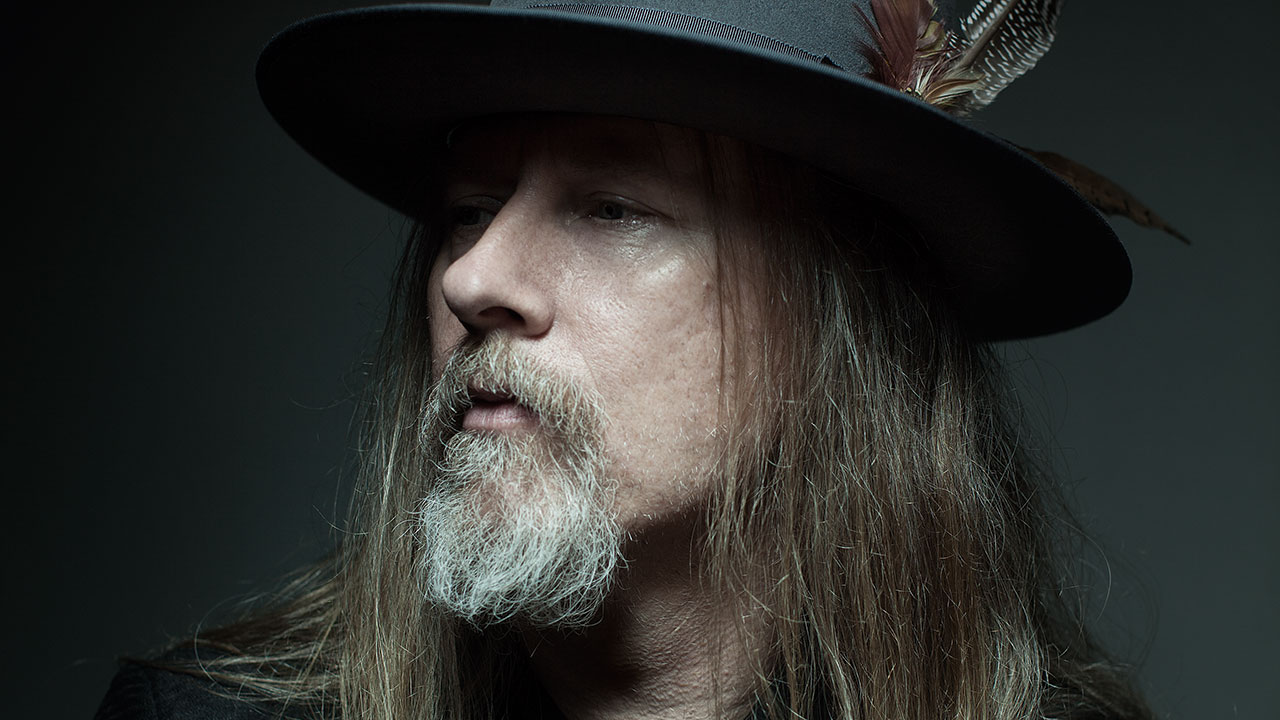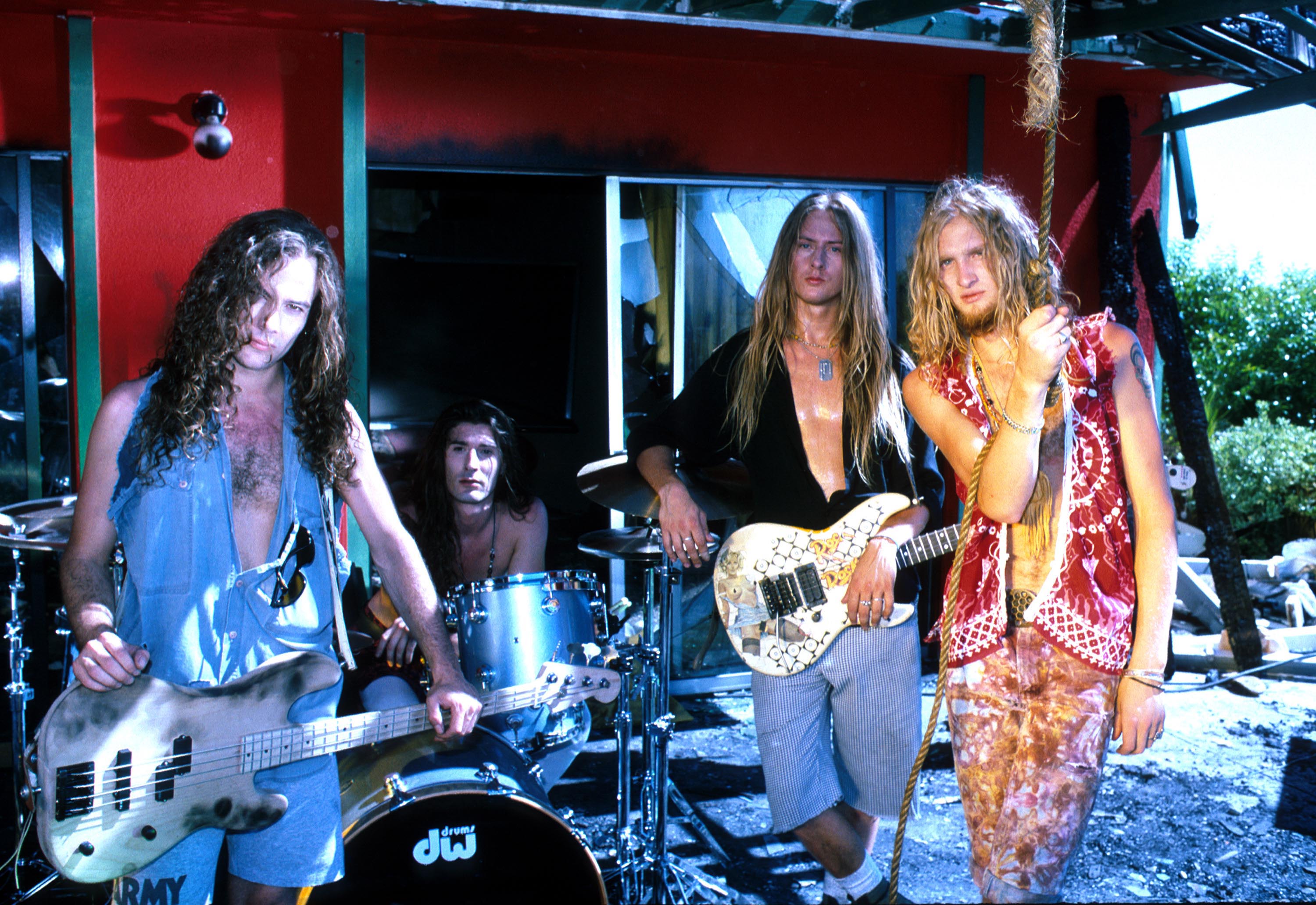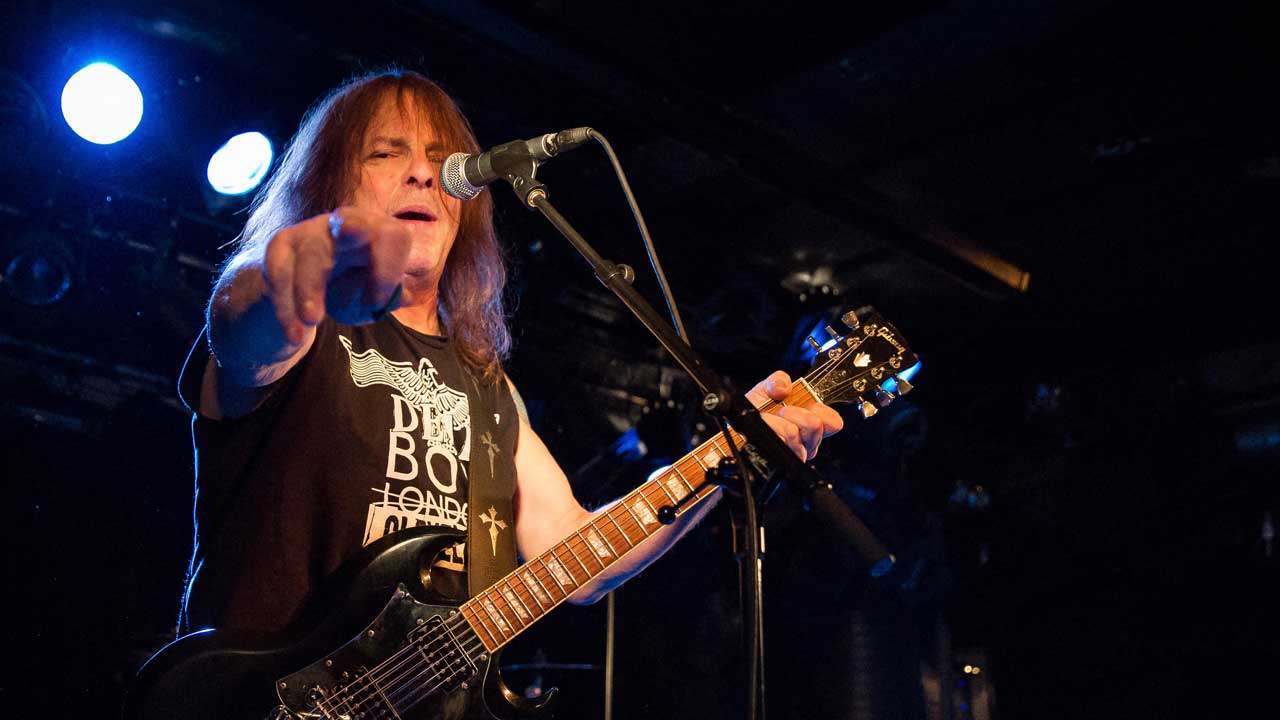Alice In Chains’ Jerry Cantrell: “Our music will be around longer than me”
The Alice In Chains man on his rollercoaster career, his biggest influences and the dreaded ‘g’ word.

Select the newsletters you’d like to receive. Then, add your email to sign up.
You are now subscribed
Your newsletter sign-up was successful
Want to add more newsletters?

Every Friday
Louder
Louder’s weekly newsletter is jam-packed with the team’s personal highlights from the last seven days, including features, breaking news, reviews and tons of juicy exclusives from the world of alternative music.

Every Friday
Classic Rock
The Classic Rock newsletter is an essential read for the discerning rock fan. Every week we bring you the news, reviews and the very best features and interviews from our extensive archive. Written by rock fans for rock fans.

Every Friday
Metal Hammer
For the last four decades Metal Hammer has been the world’s greatest metal magazine. Created by metalheads for metalheads, ‘Hammer takes you behind the scenes, closer to the action, and nearer to the bands that you love the most.

Every Friday
Prog
The Prog newsletter brings you the very best of Prog Magazine and our website, every Friday. We'll deliver you the very latest news from the Prog universe, informative features and archive material from Prog’s impressive vault.
Alice In Chains guitarist Jerry Cantrell is one of the architects of grunge. His band’s 1990 debut, Facelift, was the first album from that scene to break through, while 1992’s follow-up Dirt remains one of the landmark records of the decade. He’s led the reunited AIC since 2006, with new singer William DuVall taking over from late original frontman Layne Staley. Here, Cantrell opens up about Alice’s rollercoaster career, his biggest influences and the dreaded ‘g’ word.

- On a budget? Here are the best budget turntables
- Best headphones 2020: supercharge your music listening
- Spotify vs Apple Music vs Tidal: which streaming service is best for rock and metal?
- Own your idols with the best Funko Pop! Rocks vinyl figures
It was Elton John that got me into music
I wish I could remember which song it was. He was the first artist I started listening to and he’s one of the greatest of all time. Great song writing, a lot of feeling, amazing lyrics… even before I understood what it was about.
Red carpets are weird. It’s always uncomfortable
It’s cool that your peers or your fans or the industry recognise you. As far as numbers and winning awards, that’s nice, but it ain’t why I do this. We’ve had a lot of success and I guess those achievements speak better than a hunk of plastic or metal that sits on your mantel.
If you know us, you’ll get our sense of humour
You’ve probably seen us making asses out of ourselves on Headbanger’s Ball, and I think any band can relate to that. We’re not the cornerstone on having a good time or being smart asses! I guess everybody took the music very seriously, even though we didn’t take ourselves as seriously as we took the music! That certainly came across with all of the bands of our era and it wasn’t just in Seattle, it was all over the world.
Sign up below to get the latest from Metal Hammer, plus exclusive special offers, direct to your inbox!

I don’t even remember the first guitar I bought
It was maybe a Korean-made Strat from a swap meet. I bought my first real guitar on payments when I was working in a music store in Texas – I was about 18. I still have it. It’s the one most people recognise me playing – a 1984 G&L Rampage.
We started playing acoustic songs early on
That was a side of music we explored early on, and people accepted that. If you take away the amplification and the distortion, there’s some really strong, simple songs. Any band should ask if you take everything away, does it still work? And that tells you whether it’s a good song or not. Take away all the tricks and special effects, is it still a good song with just a voice and a guitar?
I used to jam with guys who were far better than me
Probably because I was always interested in learning and getting better, so I’d try to learn from them, and it seemed to work out pretty good! They were a couple of years older than me, maybe had a band and had done gigs, and I’d hang out with them until I was on their level or surpassed them, just absorbing as much as I could. Then when I felt it was time to move on, I’d do that, until I met the guys in Alice.
‘Grunge’ was never a popular word for anyone from Seattle
Before that word, it was referred to as the ‘Seattle Sound’, and I liked that because, although we were all unique, there was definitely a kind of ethos, a bunch of kids making noise and playing bars and parties. All the Seattle bands shared that, because it was such a small town and we all went to each other’s gigs and hung out with each other.
When I was a kid, I wanted to be Angus Young or Ace Frehley
Kiss get a lot of flak, it’s very fashionable to slag them off, but I think they were a very important band in rock history. They certainly were for me, when I was younger. They had good, basic rock songs, and nobody had that larger than life persona. For a young kid that was an important period. Those old records have some amazing songs.
Everybody’s got a little bit of a drive to beat mortality
Whether it’s having kids to live on after you or whatever. I don’t know if our music’ll be around forever, but it’ll probably be around for longer than me! A lot of achievements are based on that primal urge I guess. I’m glad people still dig it, and I’m aware of how rare that is, especially to get second chances.
It’s funny to think the thing that you did to avoid having a job became your life’s work… the thing you created with your friends all those years ago took on a life of its own. You continue to give it life by recording and touring, but it’s kind of its own thing. A good example of that is when our band was very inactive when Layne passed. We weren’t around, but the music was still out there.
A veteran of rock, punk and metal journalism for almost three decades, across his career Mörat has interviewed countless music legends for the likes of Metal Hammer, Classic Rock, Kerrang! and more. He's also an accomplished photographer and author whose first novel, The Road To Ferocity, was published in 2014. Famously, it was none other than Motörhead icon and dear friend Lemmy who christened Mörat with his moniker.

